But now, Dr Michael Mosley, a former British doctor, has revealed that the key to living longer is surprisingly "cultivating" "good" viruses in your gut, according to the Daily Mail .
That's the conclusion of recent research into the secrets of centenarians in Japan and Sardinia.
The Japanese are famous for their longevity, and the Italian island of Sardinia also has the highest percentage of people living to 100 or older in the world.
It was previously thought that the reason was down to food and lifestyle, but now it seems that having good bacteria in your gut can also do the trick.
What did the study find?
In a study published in the scientific journal Nature Microbiology in early May, scientists at the Massachusetts Institute of Technology and Harvard University (USA) analyzed stool samples from nearly 200 centenarians in these two areas to find clues about their longevity.
The results found that, compared with people in their 60s, centenarians had more "good" bacteria and "good" viruses in their guts, according to the Daily Mail .
You may be surprised to learn that there are many viruses and fungi that live in the human gut, in addition to the bacteria already mentioned.
People often think of viruses as harmful and causing disease, but there are also many harmless viruses and some that seem to be beneficial.

Centenarians Have More 'Good' Bacteria and 'Good' Viruses in Their Guts
So what do the viruses in the guts of centenarians do to help keep them healthy?
At the very least, they attack and destroy the "bad" bacteria that cause inflammation and infections in the gut.
These special viruses, called bacteriophages (viruses that kill bacteria), are very common and are increasingly used in medicine as an alternative to antibiotics, especially in the treatment of intestinal and multidrug-resistant infections.
Researchers believe that in addition to killing harmful bacteria, some viruses in the guts of centenarians also produce large amounts of hydrogen sulfide (H 2 S) gas. This gas helps maintain the intestinal lining, which helps the body absorb nutrients, while preventing bacteria and toxins from escaping into the bloodstream. This helps prevent chronic inflammation and diseases of aging, such as arthritis, heart disease, dementia, and cancer.
H2S also has powerful anti-inflammatory and antioxidant effects, helping to protect the brain, heart, liver and other organs.
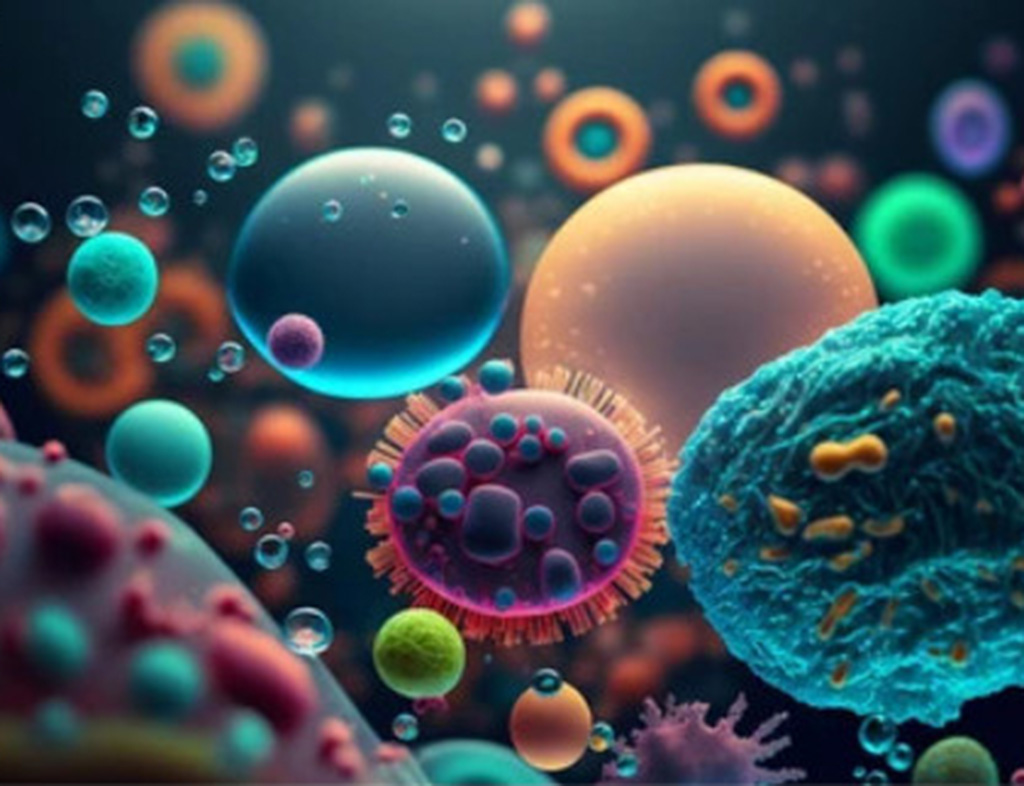
Bacteriophages are very popular and are increasingly used in medicine as an alternative to antibiotics.
In small doses, H 2 S can also improve the efficiency of mitochondria - considered the "battery" of the cell, thereby contributing to improved cell energy and health.
What should be done to enhance intestinal microflora?
Eat more fiber : The highest fiber content is found in onions, garlic, asparagus, artichokes, dandelion greens, bananas, and seaweed. In general, fruits, vegetables, beans, and whole grains such as wheat, oats, and barley are all good sources of prebiotic fiber, according to Harvard University.
Vegetables and legumes rich in fiber, green vegetables rich in sulfur, such as broccoli, cauliflower, cabbage, lettuce and radishes, will help increase H 2 S production inside the body.
Eat more probiotic foods : Probiotic foods contain “good” bacteria that can change the microbiome in your gut. These include fermented foods such as yogurt with live cultures, pickled vegetables, soy sauce, kombucha, kimchi, fermented soy dishes, and sauerkraut.
Spend more time with loved ones : This has been shown to help you live longer. A study of 117 people, published in the journal Nature in 2019, found that people who had happy families or close friends had richer and more diverse gut bacteria than those who lived alone or were socially isolated. So keeping in touch with friends is also a good way to boost your gut bacteria, according to the Daily Mail .
Source link


![[Photo] Prime Minister Pham Minh Chinh receives French Minister in charge of Transport](https://vstatic.vietnam.vn/vietnam/resource/IMAGE/2025/3/21/aa649691f85546d59c3624b1821ab6e2)
![[Photo] Prime Minister Pham Minh Chinh receives the head of the Republic of Tatarstan, Russian Federation](https://vstatic.vietnam.vn/vietnam/resource/IMAGE/2025/3/21/7877cb55fc794acdb7925c4cf893c5a1)



![[Photo] Overview of the Workshop "Removing policy shortcomings to promote the role of the private economy in the Vietnamese economy"](https://vstatic.vietnam.vn/vietnam/resource/IMAGE/2025/3/21/d1c58c1df227467b8b33d9230d4a7342)

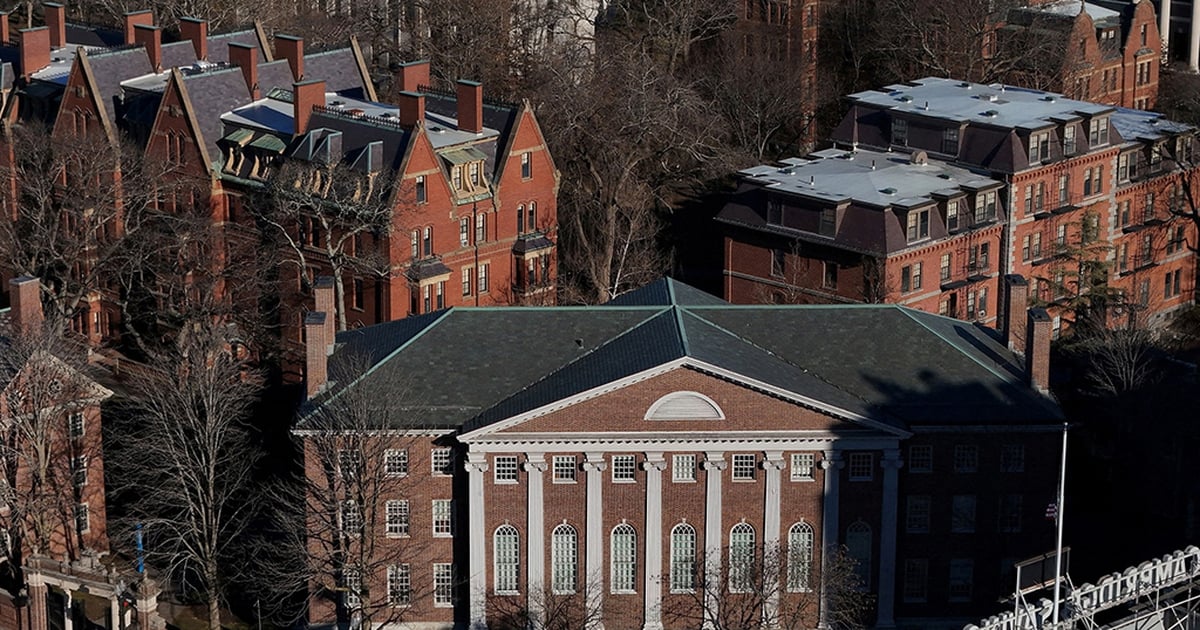








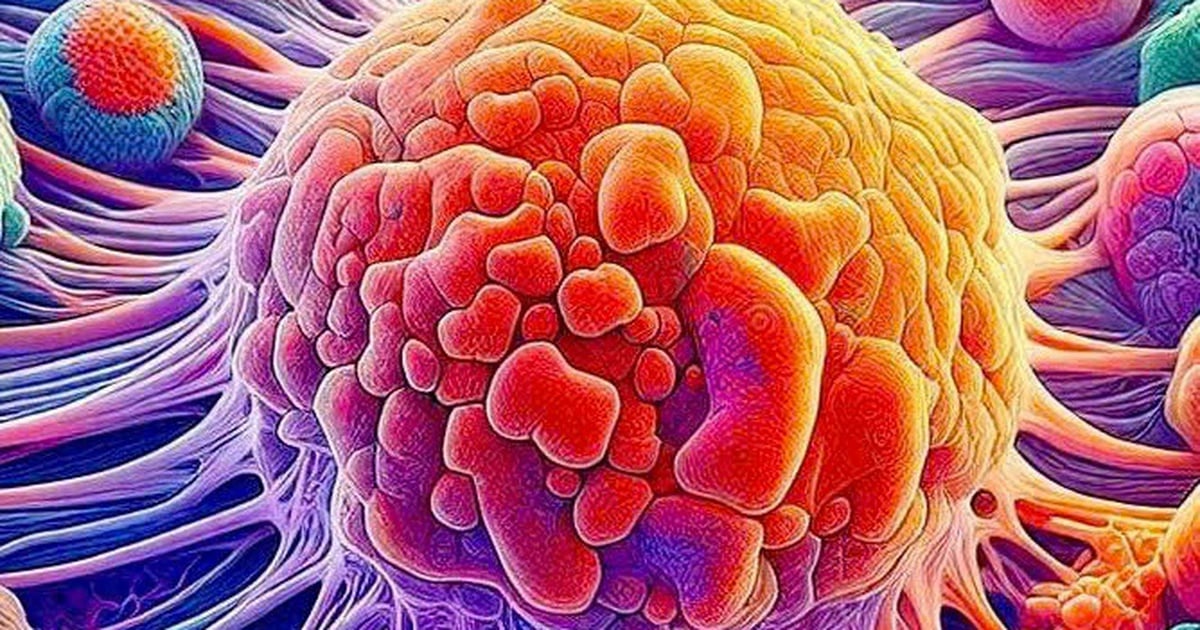












![[Photo] Meet the pilots of the Victory Squadron](https://vstatic.vietnam.vn/vietnam/resource/IMAGE/2025/3/21/fd30103acbd744b89568ca707378d532)

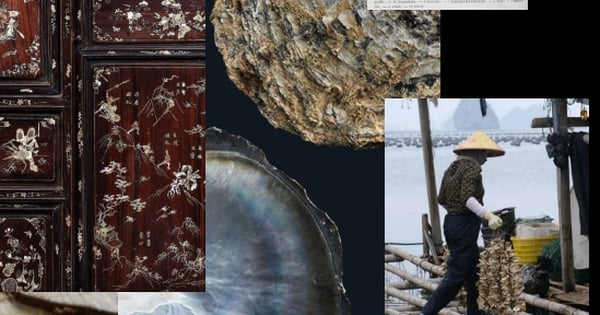





















































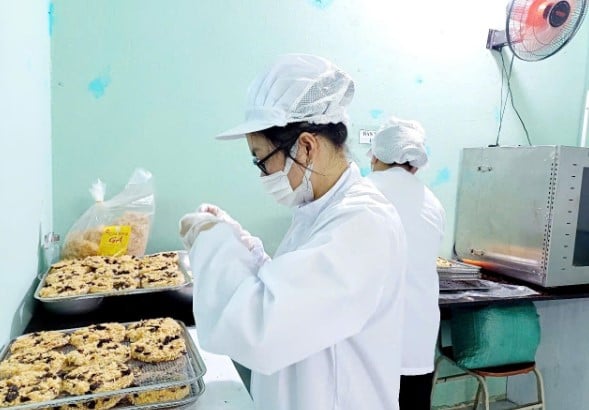


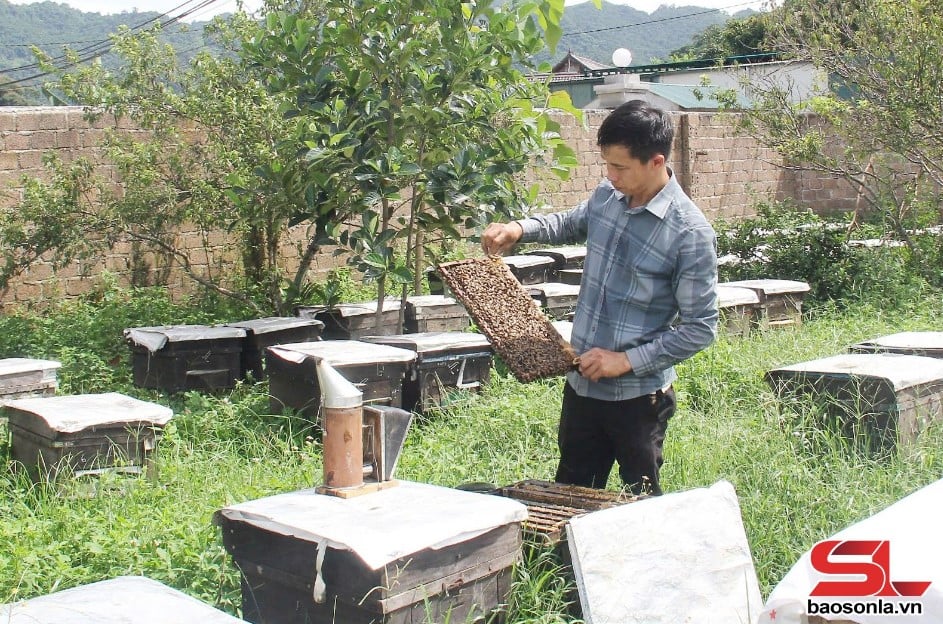



Comment (0)